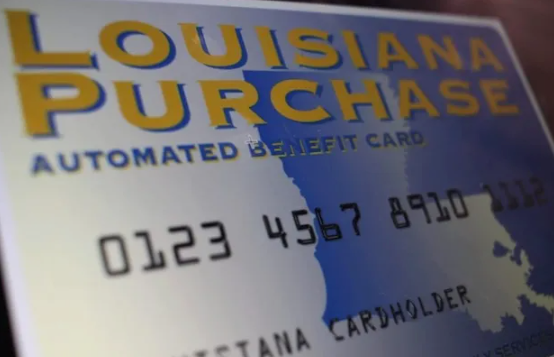Copyright walesonline

Fresh DWP eligibility reviews may soon extend to PIP (Personal Independence Payment). Legislation currently progressing through Parliament would enable investigators to access bank account information belonging to benefit recipients to verify their entitlement to payments. These provisions will first target those claiming Universal Credit, Pension Credit, and Employment and Support Allowance (ESA). However, the proposed laws indicate this scope could broaden to encompass additional benefits. Chloe Coleman, chief executive of employment verification company Vouchsafe, explained: "In theory, it could be applied to any benefit, but Universal Credit has the highest number of applications alongside ESA, so it makes sense for them to start there. But identity fraud does happen." She further suggested the powers might encompass PIP. This benefit offers financial support to individuals living with long-term health conditions or disabilities. Ms Coleman noted: "It could also be used for PIP; instead of having to go through the medical assessment, your medical information could be pulled to justify your claim. But that depends on any arrangement that is made with the NHS . The same argument could be made for Child Benefit." The security specialist indicated that additional financial data could be automatically shared with the DWP to ensure benefit eligibility. Ms Coleman explained: "In terms of financial situation, there are three main things that are considered when you're applying for any benefit: income, debt, and savings. "Open banking, the checking of HMRC data, or even of a credit file could mean that these things are sent to DWP almost automatically, meaning that when you claim, you don't have to find all your personal records and type everything in." The draft bill has received approval from the House of Commons and is presently making its way through the House of Lords. The proposed legislation also grants fresh powers for investigators to withdraw funds directly from an individual's bank account where they owe money and are refusing to settle up. Anyone facing pursuit for a debt to the DWP will receive a notice providing them with a minimum of 28 days to challenge the decision, and officials will also request no less than three months' worth of bank statements for the account, to ensure the person has sufficient funds available to clear the debt. When questioned about whether there's a risk the powers could be abused, Ms Coleman remarked: "There is a difference between powers being misused and mistakes being made. It's always a slight risk, but if DWP are using open banking data instead of payslips and employers reporting to HMRC, then ultimately, it could be way more accurate. "In the bill, it does say that a person will get notice, so it's not just a case that money will be taken from a bank account without warning, but DWP will need to be really sure before they use any of these enforcements. "They also need to make sure that the civil servants doing the investigations and enforcements are incredibly well trained, otherwise there will be mistakes." Former Secretary of State for Work and Pensions Liz Kendall, who announced the bill in January 2025, said: "We are turning off the tap to criminals who cheat the system and steal law-abiding taxpayers' money. "This means greater consequences for fraudsters who cheat and evade the system, including as a last resort in the most serious cases removing their driving licence. Backed up by new and important safeguards including reporting mechanisms and independent oversight to ensure the powers are used proportionately and safely. "People need to have confidence the Government is opening all available doors to tackle fraud and eliminate waste, as we continue the most ambitious programme for government in a generation – with a laser-like focus on outcomes which will make the biggest difference to their lives as part of our Plan for Change."



